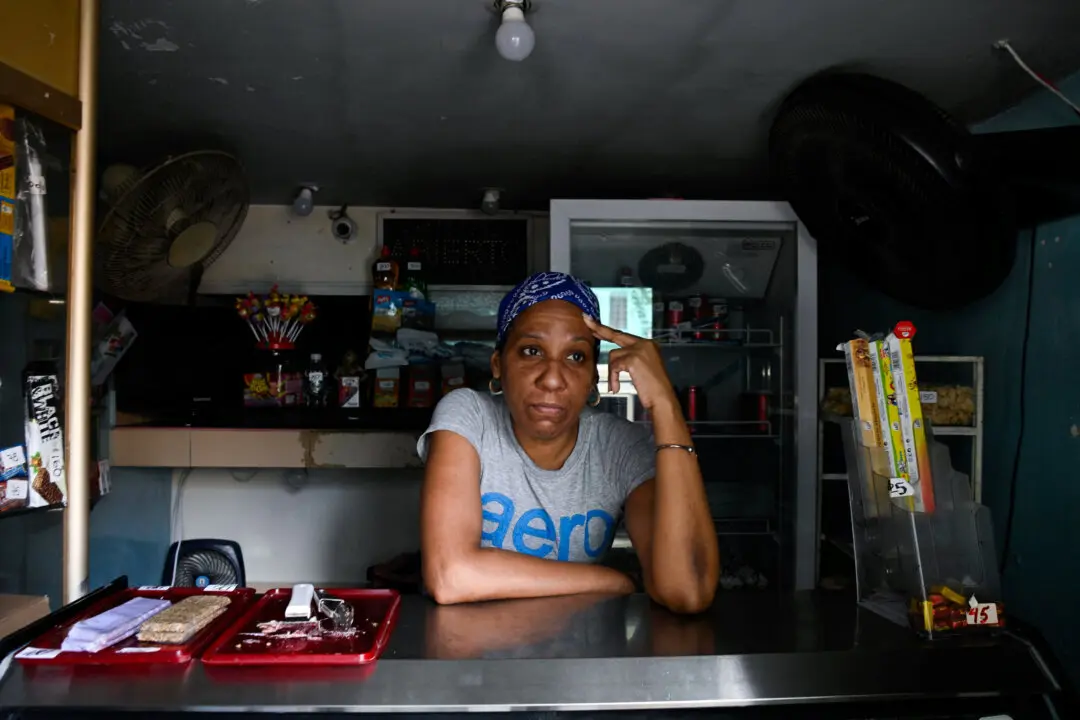DUBAI—Iran on Saturday executed a Swedish–Iranian dissident convicted of leading an Arab separatist group accused of attacks including one on a military parade in 2018 that killed 25 people, the Iranian judiciary said.
The Swedish foreign ministry said it had summoned Iran’s deputy ambassador to protest the execution of Habib Farajollah Chaab, which it confirmed took place earlier in the day.





